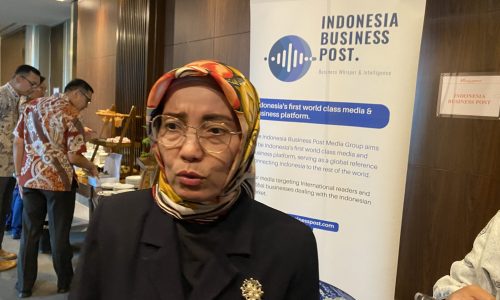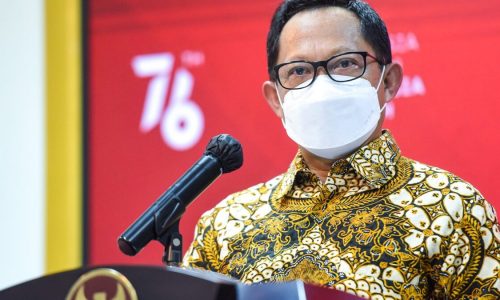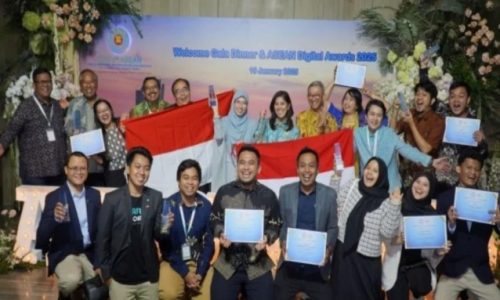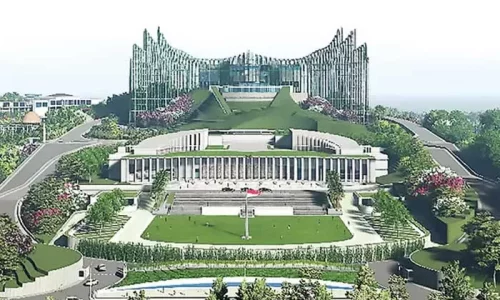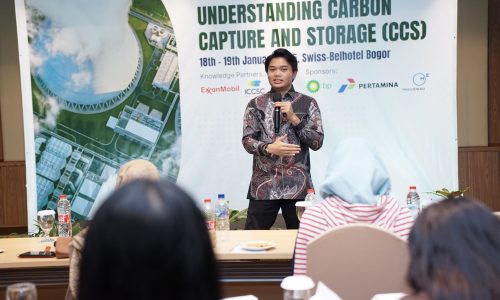The Development Study Forum (FKP) in Papua, in cooperation with the Australian National University (ANU) Indonesia Project and supported by KONEKSI (Australia-Indonesia collaborative initiative in knowledge and innovation sector), recently organized a discussion on the prospects for national energy transition.
The FKP 2025, held successively in Manokwari, Jayapura and Merauke on January 13-16, 2025, is a forum for academics, policy makers, researchers and development practitioners to exchange ideas. In this forum, research results are presented discussing topics relevant to policy, especially related to climate change in Papua and Indonesia.
This event featured three KONEKSI research partners, namely the University of Papua (UNIPA), the World Resources Institute (WRI) and the Institute for Economic and Social Research, University of Indonesia (LPEM UI).
Indonesia is committed to achieving Net Zero Emission (NZE) by 2060 through energy transition by reducing dependence on coal-fired power plants and increasing the use of renewable energy.
One way is planting mangroves, which play an important role in the energy transition because of their ability to absorb and store carbon from the atmosphere, and help reduce the impact of climate change.
Healthy mangrove ecosystems can reduce the impacts of rising sea levels and extreme weather that can threaten energy infrastructure, especially in coastal areas.
Aplena Elen Siane Bless from UNIPA said mangroves are the most productive coastal ecosystems on the planet. Mangroves provide valuable ecosystem services and are linked to the daily activities of local communities.
“The mangrove ecosystem is highly valued by indigenous Papuan women as a source of livelihood, income, daily needs, fauna habitat, traditional medicine, and has cultural significance,” Aplena said.
Ahmad Dhiaulhaq of WRI conveyed the importance of maintaining the entire ecosystem from upstream to downstream, including the mangrove ecosystem. He introduced ‘Ridge to Reef,’ from mountains to coral reefs.
Meanwhile, the energy transition also has other issues that are still being discussed. Milda Irhamni, a researcher from LPEM UI, said that a rapid transition could also cause price increases.
“This has the potential to slow poverty reduction and widen inequality. Vulnerable groups, such as the disabled and female-headed households could be affected,” she said.



